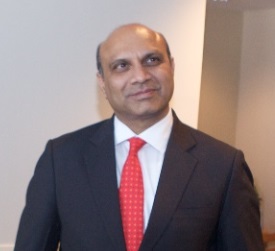A Quote by Will Hurd
Each sector of the border faces unique geographical, cultural and technological challenges that would be best addressed with a flexible, sector-by-sector approach that empowers the Border Patrol agents on the ground with the resources they need. What you need in San Diego is very different from what you need in Eagle Pass, Tex.
Related Quotes
While a physical barrier can be effective in urban areas, each sector of the border faces unique geographical, cultural and technological challenges that would be best addressed with a flexible, sector-by-sector approach that empowers the Border Patrol agents on the ground with the resources they need.
We need to know who's in the United States. We need to know everyone who's in the United States that comes in here from a foreign country. And we have to separate the ones who are dangerous from the ones who aren't. To accomplish that, we need a fence. We need a technological fence. We need a border patrol.
Migrants come up and no longer seek to evade the Border Patrol, but are actually left at the border by their smugglers. And they seek out Border Patrol agents or Customs and Border Protection officials to surrender to them and request political asylum. That's the way in which they get entry into a system that will eventually release them into the country.

































